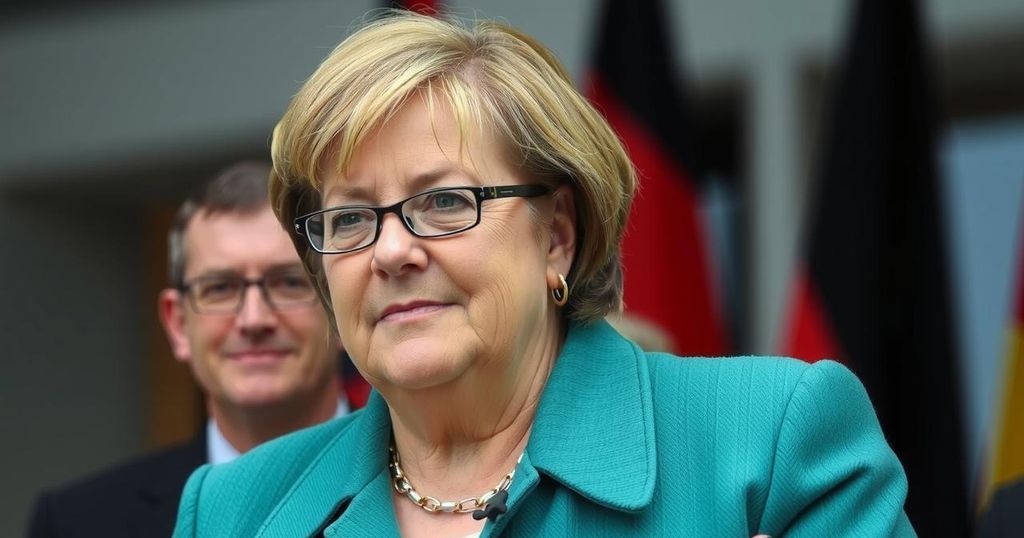Germany’s Political Upheaval: Scholz Ousted Amid Snap Election Calls
Germany’s Chancellor Olaf Scholz has fallen following a confidence vote, leading to the call for a snap election. Simultaneously, the podcast examines India’s urban waste management and celebrates Fortnum & Mason’s success against retail struggles, providing insights into critical global matters.
In the wake of a failed confidence vote, Chancellor Olaf Scholz of Germany has been ousted from power, prompting the country to prepare for a snap election. This political shakeup has ushered in an uncertain period for Germany’s governance. Meanwhile, India grapples with significant urban waste issues, as a correspondent explores successful initiatives in select cities addressing the crisis. Additionally, luxury department store Fortnum & Mason has managed to thrive amidst the prevalent decline in retail, particularly during the festive season. This episode of the podcast covers these pressing topics, reflecting on both domestic and international concerns.
The article centers on a significant political event in Germany where Chancellor Olaf Scholz faced a confidence vote, resulting in his removal from office. This situation indicates political instability and sets the stage for a snap election, which could shift the nation’s direction. Alongside the political narrative, the article delves into issues of urban waste management in India, highlighting an exploration of initiatives in cities seeking solutions. Lastly, the article touches on the resilience of Fortnum & Mason, illustrating the contrasting experiences of retail entities during challenging economic times.
In conclusion, the recent developments in Germany regarding Chancellor Olaf Scholz’s confidence vote underline the volatility of governance in the country. As preparations for a snap election unfold, India continues to confront its urban waste challenges, showcasing some cities’ progressive measures. The resilience of Fortnum & Mason amidst retail decline further emphasizes the diverse narratives within the global market landscape. These topics reflect critical issues shaping contemporary discourse.
Original Source: www.economist.com




Post Comment